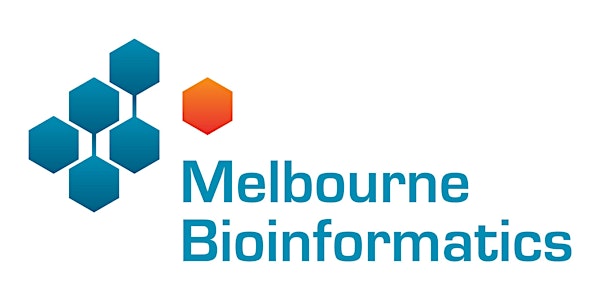
Qiime2 analysis of 16S rRNA
This workshop will give you an introduction to metabar coding analysis using the QIIME2 analysis platform.
Date and time
Location
21 Bedford St
21 Bedford Street North Melbourne, VIC 3051 AustraliaAbout this event
- 3 hours
Title
Lead trainer:Laura Geissler
(School of Biosciences, The University of Melbourne)
Workshop Description:
This workshop will give you an introduction to the QIIME2 analysis platform using 16S rRNA amplicon data from coral-associated bacteria. The training material covered in this workshop is freely available here.
Topics covered will be :
- Importing, cleaning and quality control of the data
- Taxonomic Analysis
- Building a phylogenetic tree and
- Basic visualizations and statistics.
Learning objectives
At the end of this introductory workshop, you will:
- Take raw data from a sequencing facility and end with publication quality graphics and statistics
- Answer the question “What is the influence of genotype (intrinsic) and environment (extrinsic) on anemone-associated bacterial communities?”
Target audience:
Researchers new to analysis of bacterial communities using16sRNA who have some command line experience.
Eligibility:
This Free workshop is available to staff and students at The University if Melbourne and its affiliated institutes.
You must register for this event using an affiliated institutional email address or your registration may be cancelled.
Prerequisites and Requirements
Knowledge/experience of the command line is necessary for this workshop. You will need to be able to "ssh" into a remote machine, navigate the directory structure and "scp" files from a remote computer to your local computer.
If you wish to attend a refresher course we recommend you attend our upcoming "Intro to UNIX" workshop on 6th May , or enroll in one of the "Introduction to Linux and HPC" workshops delivered regularly by Research Computing Services.
This is a hands-on workshop and attendees must supply their own charged laptop with access to the internet/wifi and the following software preinstalled:
- Windows users: A terminal emulator such as PuTTY (free and open-source) will need to be downloaded.
- Mac users: No additional software needs to be installed for this workshop.
This workshop is designed for participants with command-line knowledge. It will be run on a Nectar Instance. You will be given an individual IP address and password to log on to using the SSH client tool on your computer (Terminal on Mac or PuTTY on Windows).
Access
If you require any further information, or have any access requirements in order to participate in this workshop, please contact us as soon as possible to discuss your requirements:
We recommend that following our eventbrite page if you wish to be alerted when we release new workshops for registrations. If you require any further information, please contact Melbourne Bioinformatics at:
bioinformatics-training@unimelb.edu.au
Organised by
Bioinformatics + Data Services + Infrastructure for Life Sciences